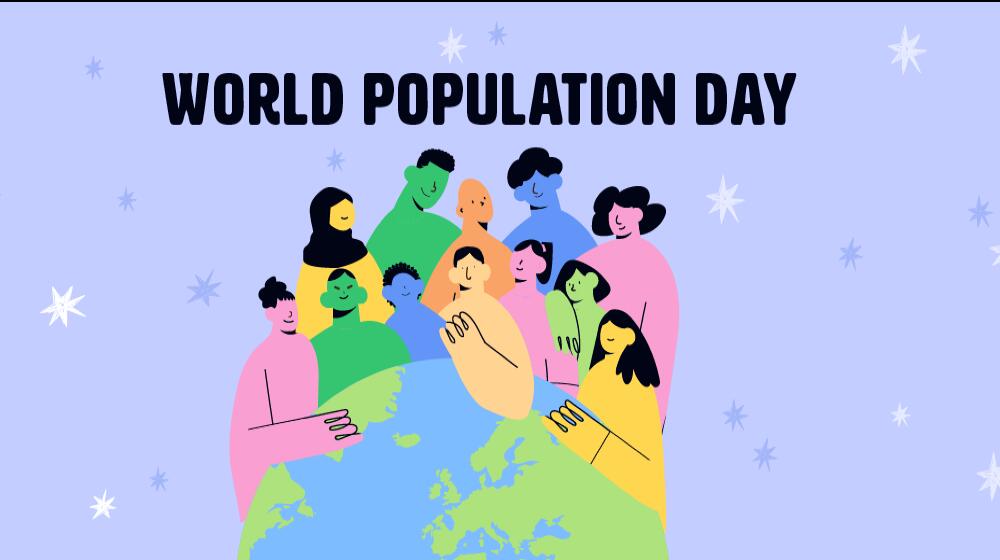World Population Day offers a moment to celebrate human progress. Our world, despite its challenges, is one where higher shares of people are educated and live healthier lives than at any previous point in history. Societies that invest in their people, in their rights and choices, have proven time and again that this is the road to the prosperity and peace that everyone wants—and deserves.
Let’s keep this fact in mind when, in the next few months, the total number of people in the world tops 8 billion. This milestone will attract much attention and debate, and likely scaremongering over “too many” people. That would be a mistake.
Focusing only on population numbers and growth rates often leads to coercive and counterproductive measures and the erosion of human rights, for example, to women being pressured to have children or prevented from doing so. It can deepen already acute inequalities, such as through policies shutting down reproductive health care or denying adequate pensions for the elderly, further marginalizing the most disenfranchised.
The population story is far richer and more nuanced than a single number can capture. There may be more people in the world today, but equally important is the unprecedented demographic diversity we see within the global population. A growing number of countries face population ageing, and roughly two-thirds of the world’s population now live in a country or area with below-replacement fertility, or fewer than 2.1 births per woman. Others have youthful and growing populations. And more people are on the move, either by choice or driven by crises ranging from conflict to climate change. Understanding these shifts is critical to harnessing opportunities and mitigating potential downsides.
People are the solution, not the problem. At UNFPA, we advocate for measuring and anticipating demographic changes. Each country should have the information it requires to meet the needs of diverse population groups and ensure that individuals can realize their full potential. When people have the power to make informed choices about whether and when to have children, when they can exercise their rights and responsibilities, they can navigate risks and become the foundation of more inclusive, adaptable and sustainable societies.
Achieving this demographic resilience starts with a commitment to counting not just numbers of people but also opportunities for progress and barriers that stand in its way. This calls for transforming discriminatory norms that hold individuals and societies back. It leads us to economies that work for all people instead of just a few, and to a fair use of resources so that we can mitigate risks and meet the needs of current and future generations.
We are each much more than a number, as is the human family. Numbers matter, but let’s count carefully. A resilient world of 8 billion, a world that upholds individual rights and choices, offers infinite possibilities – possibilities for people, societies and our shared planet to thrive and prosper.



